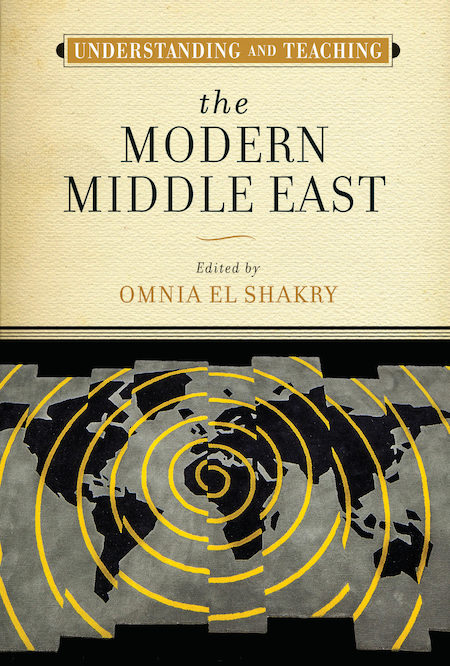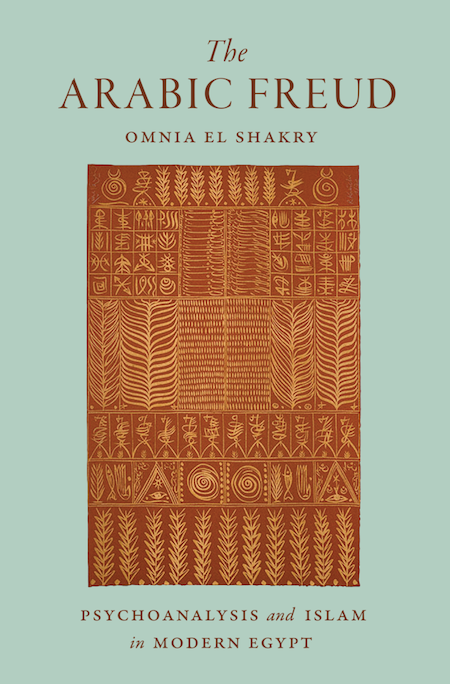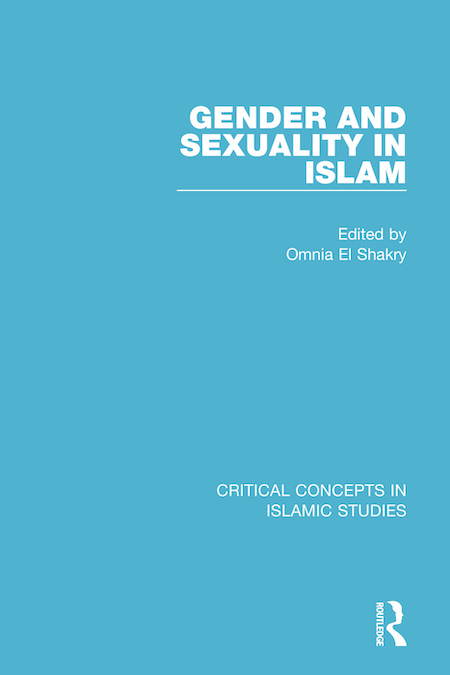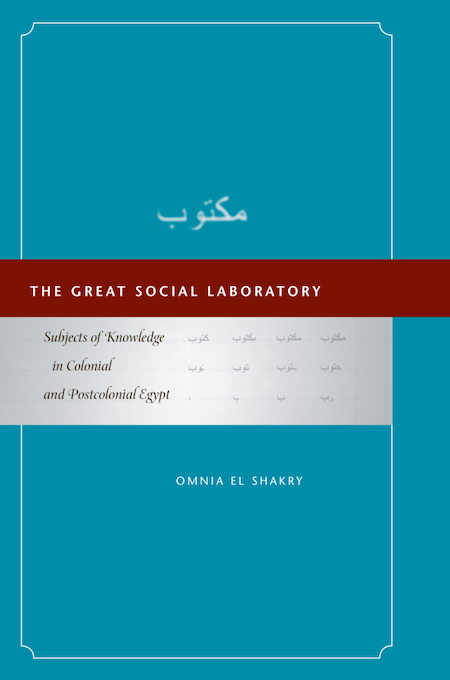Books
-
Understanding and Teaching the Modern Middle East
An edited volume bringing together experts on the history of the Middle East, providing necessary historical context to familiarize high school and college teachers with the latest scholarship.
-
The Arabic Freud
The first in-depth look at how postwar thinkers in Egypt mapped the intersections between Islamic discourses and psychoanalytic thought.
-
Gender and Sexuality in Islam
A four-volume collection of previously published articles and book chapters exploring the multifaceted nature of gender and sexuality within Islamic societies in a trans-disciplinary and trans-regional fashion.
-
The Great Social Laboratory
An exploration of the interface between European and Egyptian social scientific discourses, and of the boundaries of knowledge production in a colonial and post-colonial setting.
Articles +
Book Chapters
-
La psychanalyse et la question de l’islam: Une diagonale critique dans la psychanalyse franco-arabe
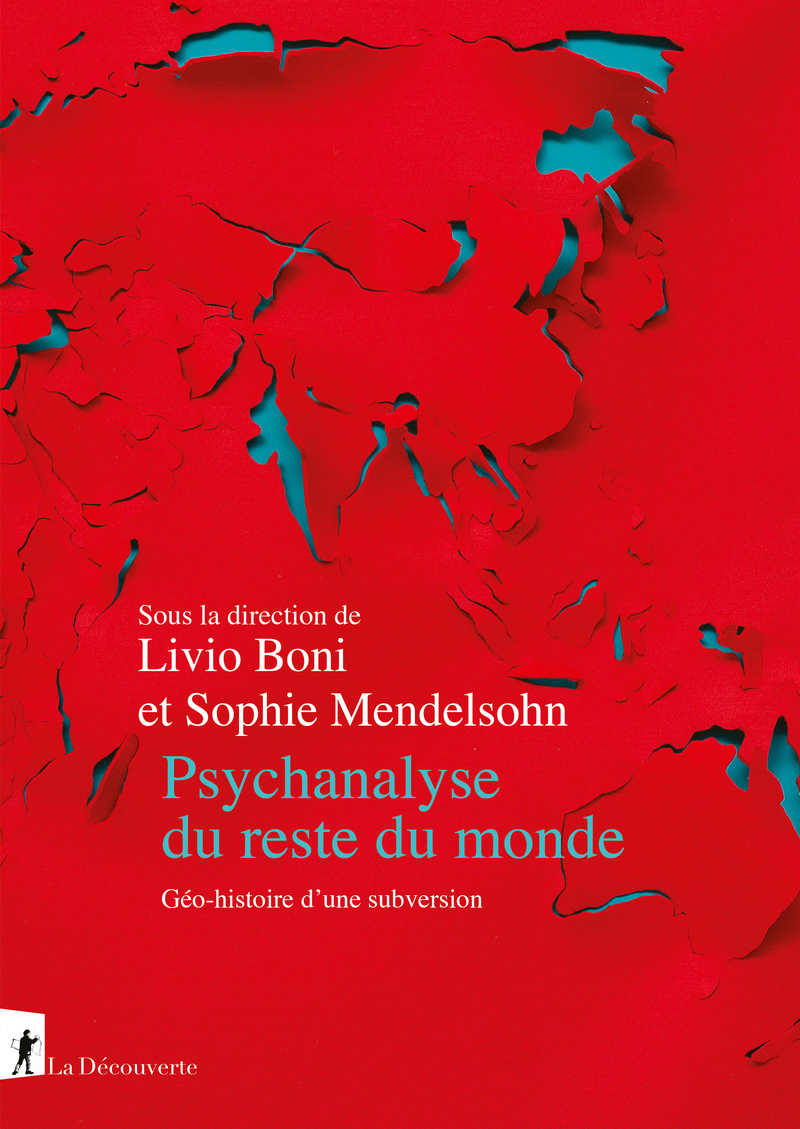
Que signifierait imaginer la psychanalyse autrement ? Ce chapitre s’enquiert de ce que la psychanalyse pourrait avoir à gagner d’une confrontation intellectuelle et éthique sérieuse avec les enjeux épistémiques et ontologiques de la tradition islamique. Je procède épisodiquement et géohistoriquement, avec une référence spécifique au monde arabe et à la France. En premier lieu, j’étudie…
-
The Work of Illness in the Aftermath of a ‘Surpassing Disaster’: Medical Humanities in the Middle East and North Africa
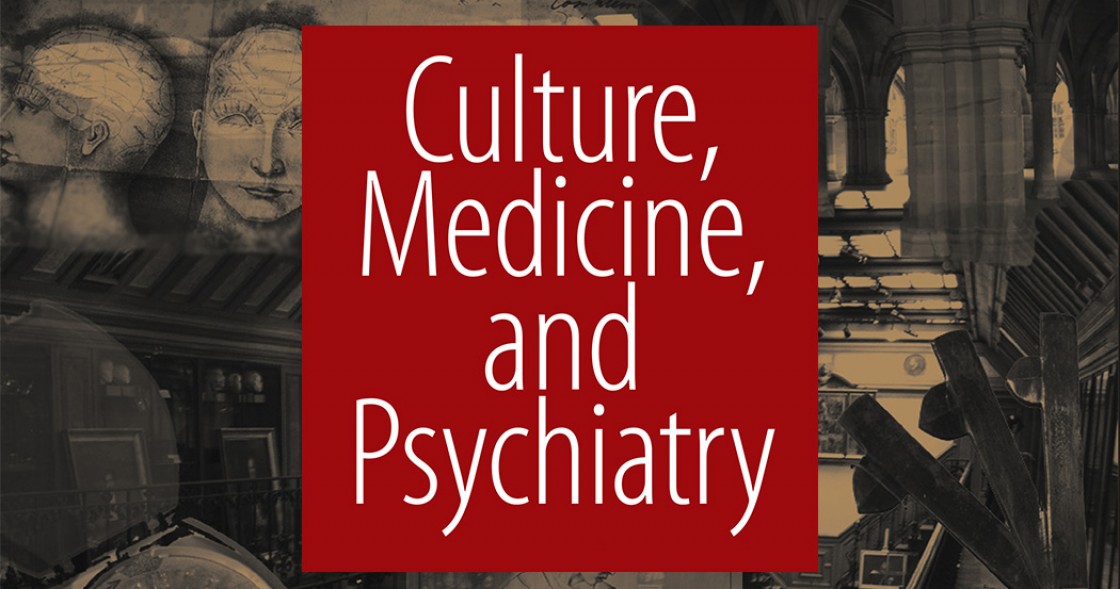
How might Middle East studies transform the Medical Humanities, broadly conceived? Drawing inspiration from Georges Canguilhem’s epistemology of medicine and Frantz Fanon’s theorization of the intersection of psychiatry and medicine, I argue that rather than an approach that simply adds the Middle East to purportedly epistemologically secure notions of medicine and psychiatry, we might, alongside…
-
Inwardness: Comparative Religious Philosophy in Modern Egypt
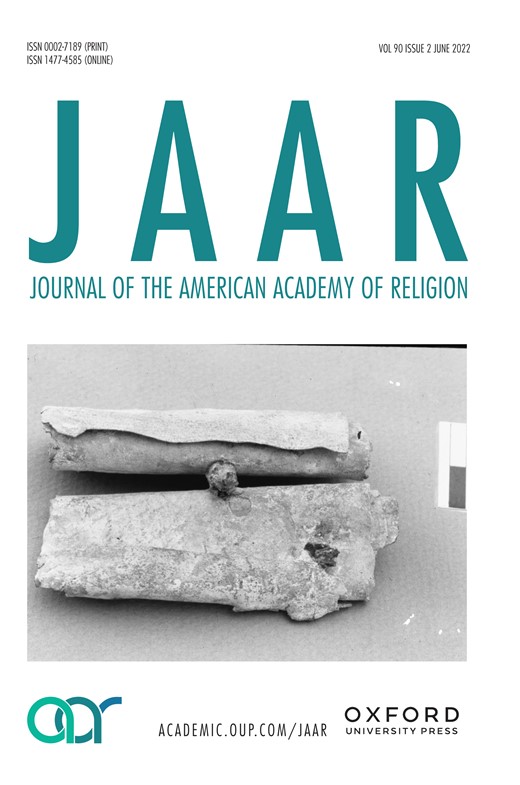
This article centers the Islamic philosopher ʿUthman Amin in order to explore the intellectual exchange between Muslim and Christian scholars in twentieth-century Egypt. Specifically, I look at inwardness, intellectual dialogue, and interreligious friendships in a field that has traditionally been dominated by scholarship on the relationship between Islam and politics or Islam and the law.…
-
Colonialism and Postcolonial Theory: Race, Culture, and Religion in Psychosocial Studies
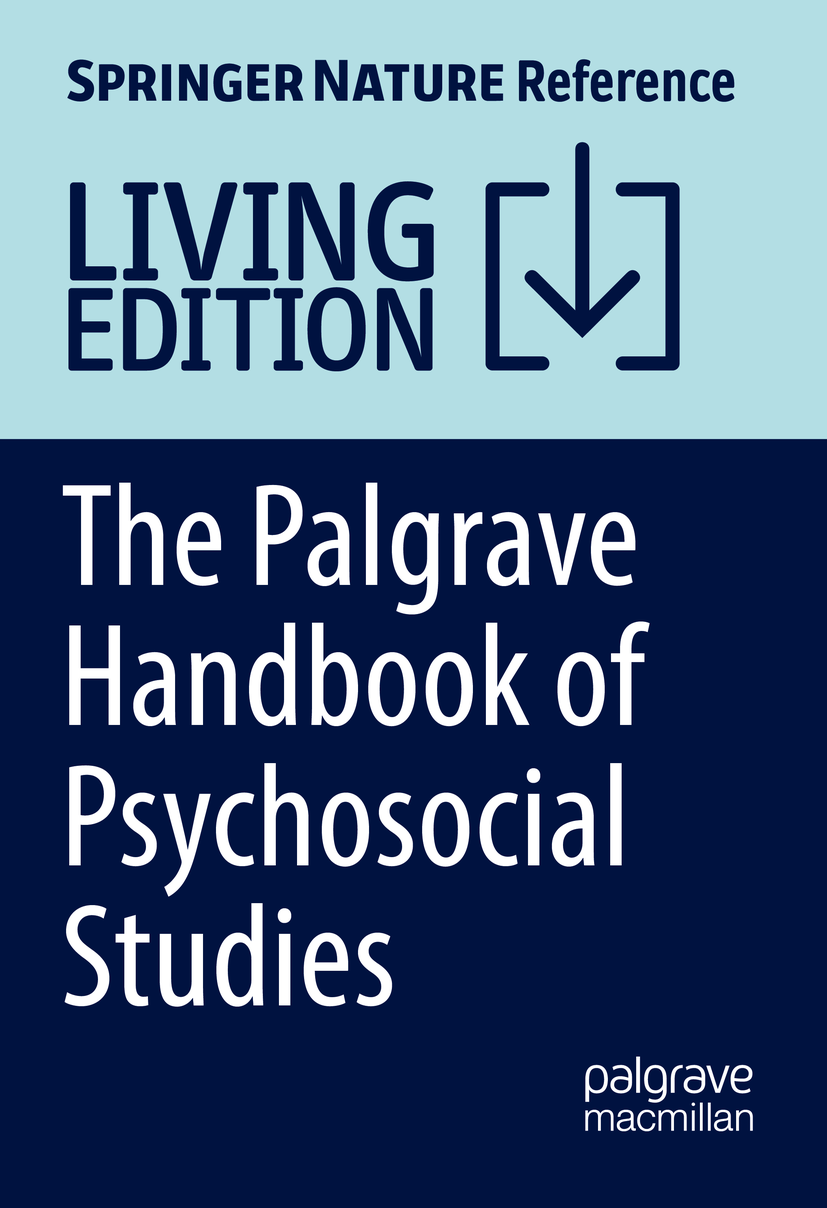
“If,” as Robert Young notes, “‘so-called post-structuralism’ is the product of a single historical moment, then that moment is probably not May 1968 but rather the Algerian War of Independence.” We might also argue that the most radical reconfiguration of psychosocial studies likewise occurred under the duress of that War. The rethinking of relations between…
-
Rethinking Arab Intellectual History: Epistemology, Historicism, Secularism
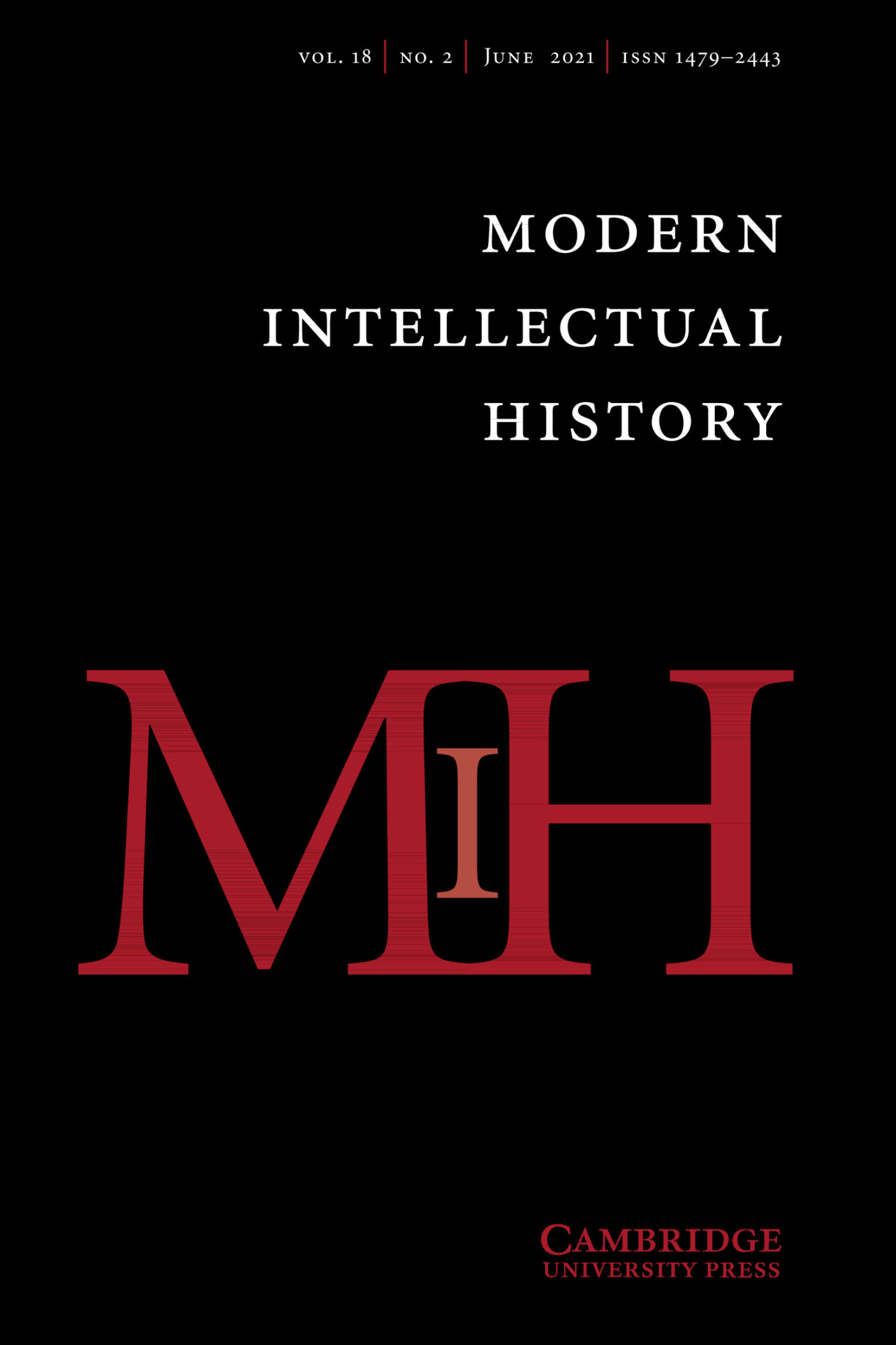
Arab intellectual history has been experiencing a resurgence of late, positioned as it is between the ascendancy of global intellectual history and the continued resilience of area studies. Such a precipitous conjuncture has led to a proliferation of Arab intellectual histories that belie the Orientalist fallacy of the region as a “no idea producing area,”…
-
History and the Lesser Death
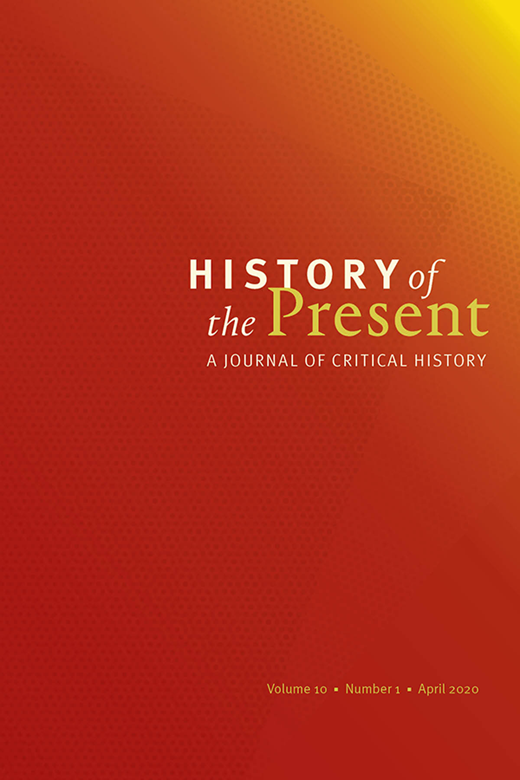
What is the role of ethics within the writing of history? And how might our ethics be connected to the psychic stakes we hold in our objects of study? As historians, what is our responsibility to the dead in our present historical moment of danger, what Sigmund Freud termed “the times of war and death”?…
-
Psychoanalysis and the Imaginary: Translating Freud in Postcolonial Egypt
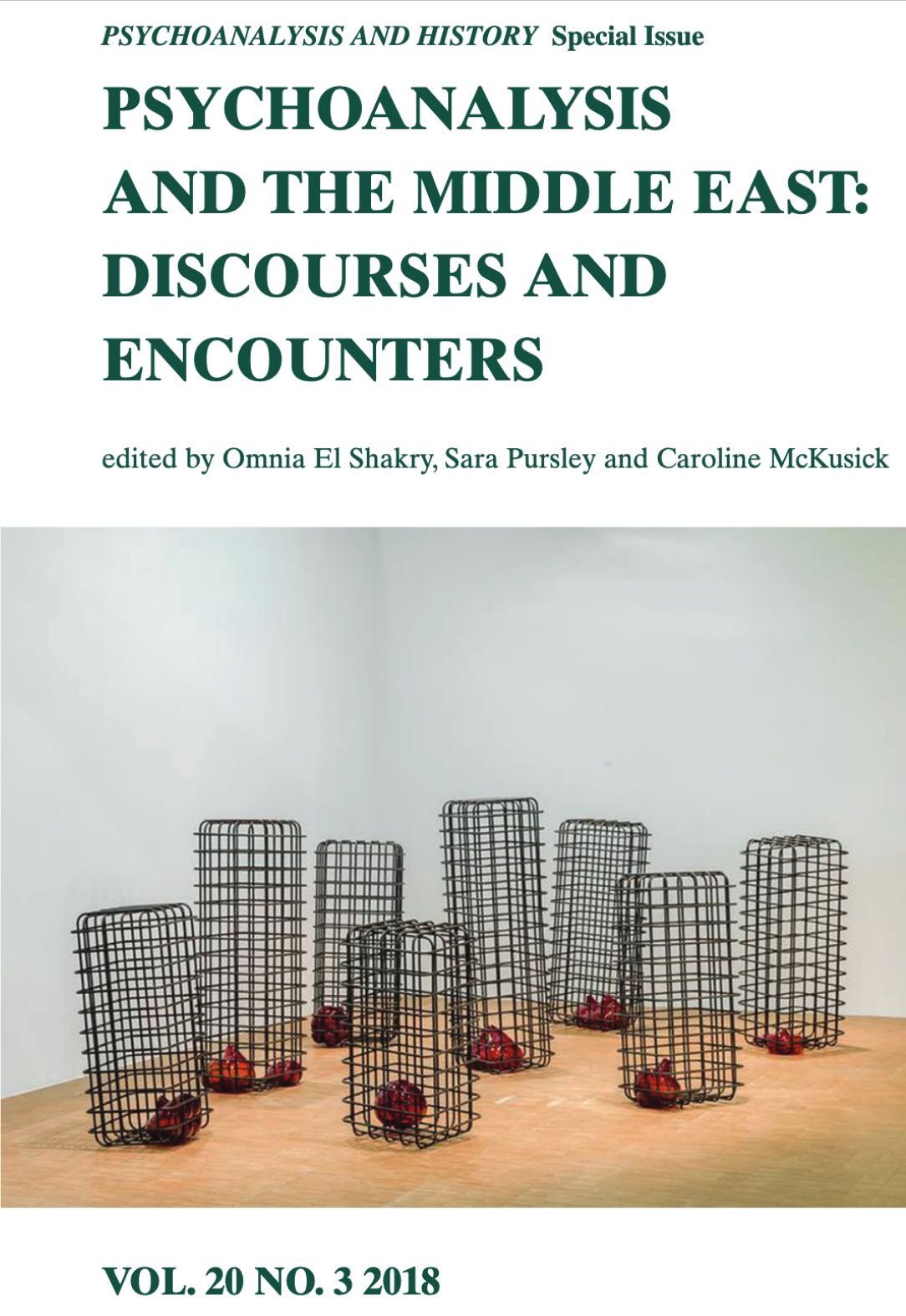
This article imagines psychoanalysis geopolitically by way of an exploratory foray into the oeuvre of Sami-Ali, the Arabic translator of Sigmund Freud’s Three Essays on the Theory of Sexuality, author of a large body of original psychoanalytic writings, and translator of the poetry of Sufi masters. Taken together, his writings enable a critical rethinking of…
-
Introduction: Psychoanalysis and the Middle East (with Sara Pursley & Caroline McKusick)
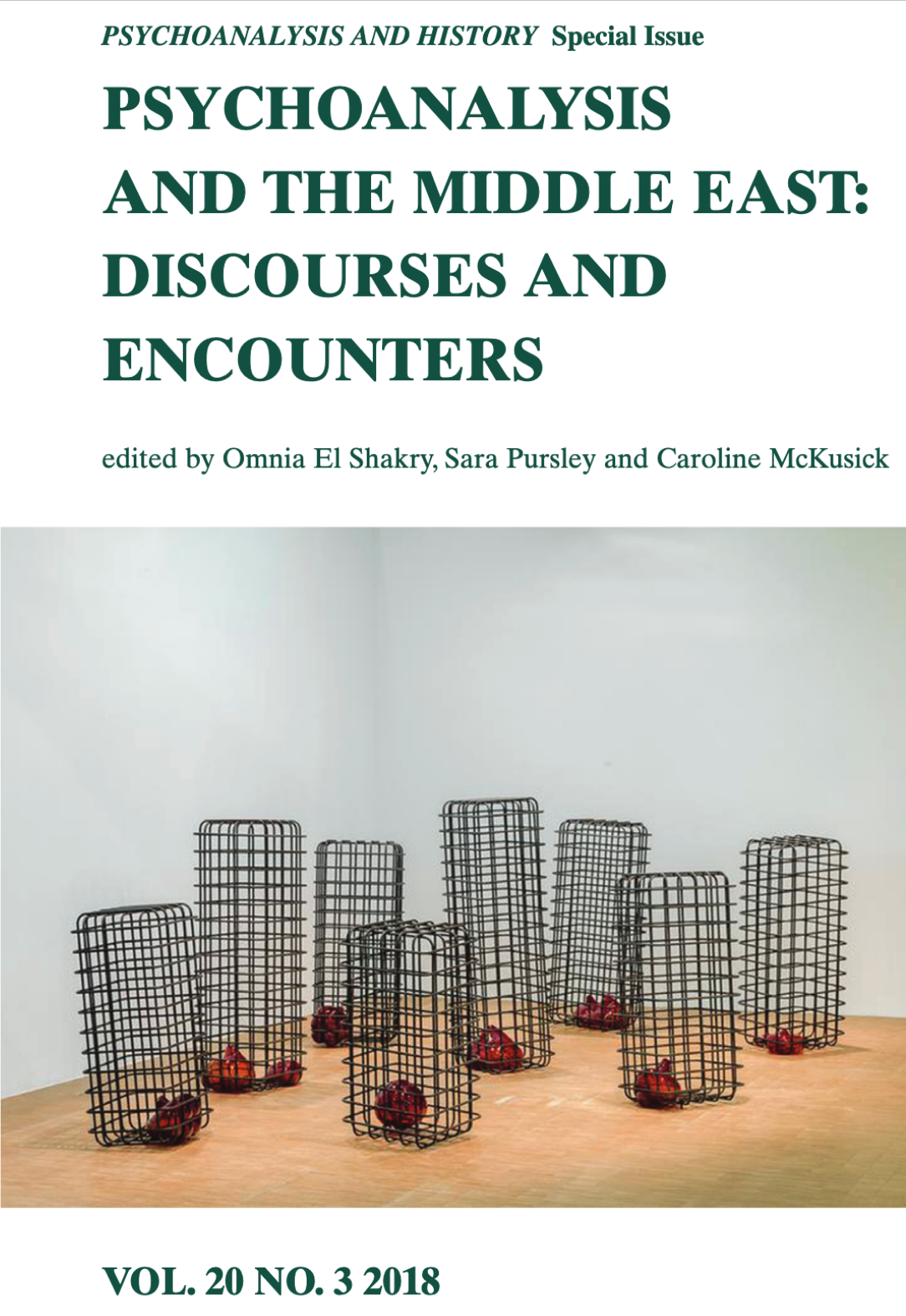
This special issue stages an encounter between psychoanalysis and the Middle East. Taking seriously the possibility of an alchemical transformation of psychoanalytic thought through its encounter with the Middle East and with Islam, chapters reopen the psychoanalytic canon to consider key concepts through unexpected interlocutors, religious traditions, and intellectual formations. This includes bringing medieval Islamic…
-
What is the Future of Psychoanalysis in the Academy?
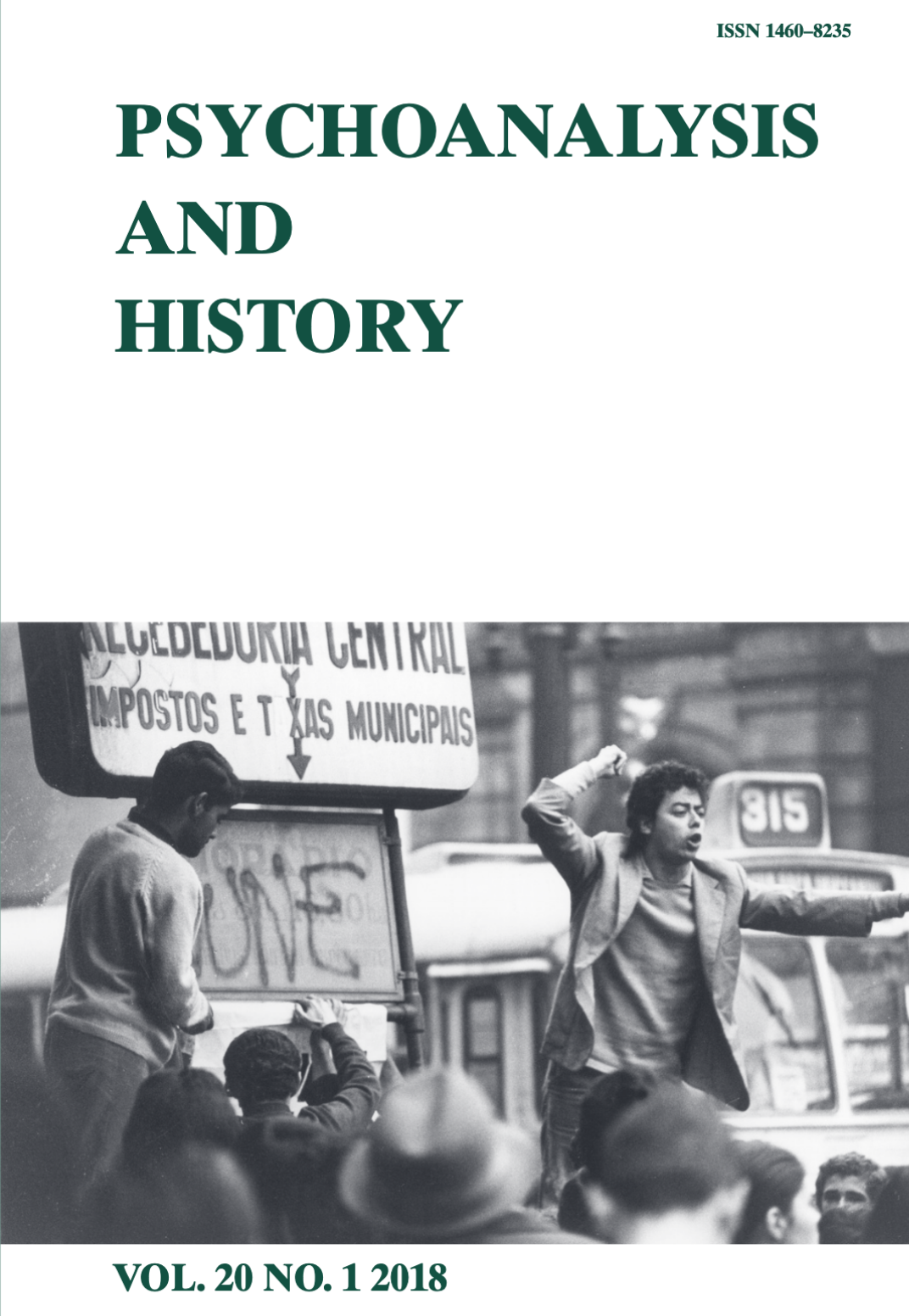
The death of psychoanalysis has been foretold countless times, and yet, like the unresolvable excess of mourning, it persists.
-
Translation, Tradition, and the Ethical Turn—A Reply to Bardawil and Allan
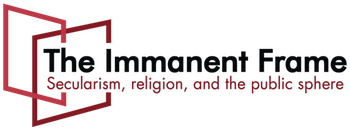
In the “Task of the Translator,” Walter Benjamin observes that “a translation issues from the original—not so much from its life as from its afterlife.” The Arabic Freud, as both Michael Allan and Fadi Bardawil remark, models the ethos and practice of translation through its method. Here, the work of translation is “not mired in…
-
The Arabic Freud: The Unconscious and the Modern Subject

This essay considers how Freud traveled in postwar Egypt through an exploration of the work of Yusuf Murad, the founder of a school of thought within the psychological and human sciences, and provides a close study of the journal he co-edited, Majallat ʿIlm al-Nafs. Translating and blending key concepts from psychoanalysis and psychology with classical…
-
History Without Documents: The Vexed Archives of Decolonization in the Middle East
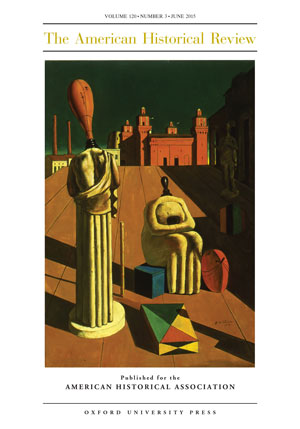
In Sonallah Ibrahim’s 1981 novel The Committee, an unnamed protagonist is tasked with writing a report on the greatest “Arab luminary.” After obtaining access to the archives of a national daily newspaper through a personal recommendation, the narrator receives a much-sought-after file and recounts: “I opened the folder, my fingers trembling from excitement. It revealed…
-
History Without Documents (Arabic)

في رواية صنع الله إبراهيم «اللجنة» (1981)، كُلِّف البطل غيرُ المُسمَّى بكتابة تقرير حول “النجم العربي” الأعظم، بعد تمكنه من الوصول إلى أرشيفات صحيفة وطنية يومية من خلال توصية شخصية، وبذل الراوي قصارى جهده؛ فيروي قائلاً: “فتحت الملف؛ فارتعشت أصابعي من الإثارة. أظهر (الملف) ورقة بيضاء مع تاريخ من أوائل الخمسينيات في أعلى الصفحة ولا…
-
Youth as Peril and Promise: The Emergence of Adolescent Psychology in Postwar Egypt

A public discourse of “youth crisis” emerged in 1930s Egypt, partly as a response to the widespread student demonstrations of 1935 and 1936 that ushered in the figure of youth as an insurgent subject of politics. The fear of youth as unbridled political and sexual subjects foreshadowed the emergence of a discourse of adolescent psychology.…
-
Youth as Peril and Promise (Arabic)
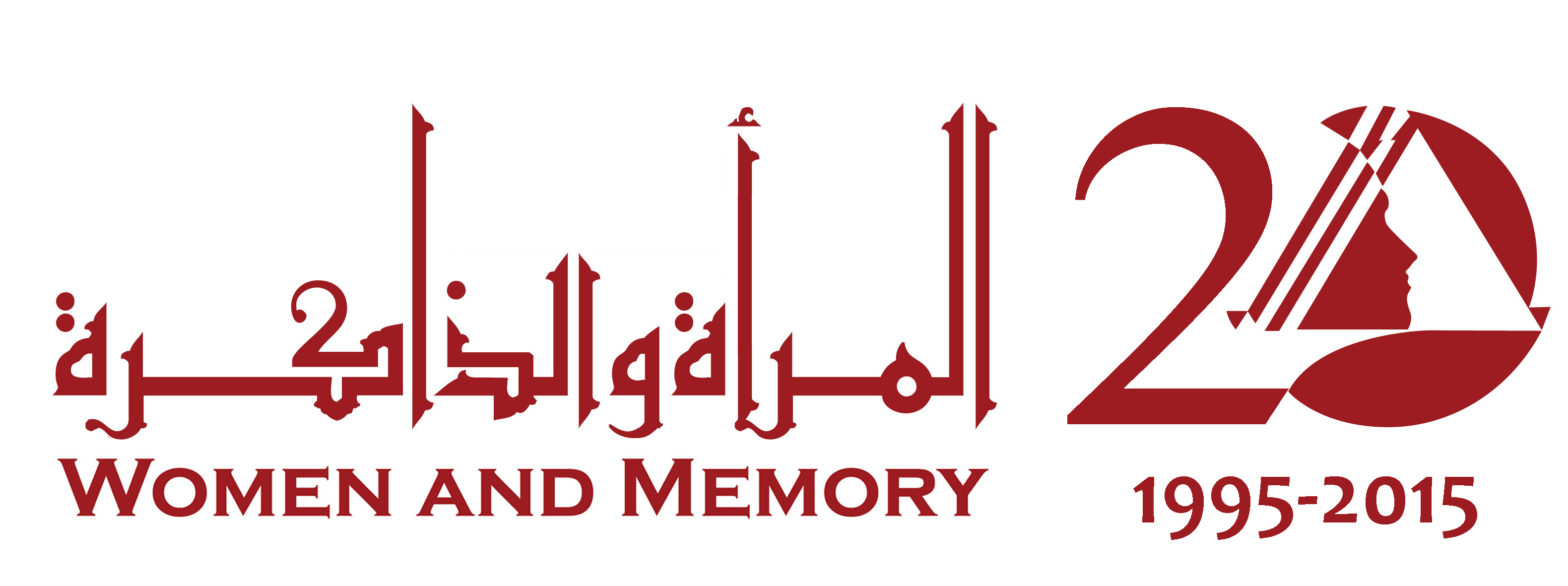
نشأ خطاب عام حول “أزمة الشباب” فى مصر فى الثلاثينيات من القرن الماضى جزئيًا بوصفه رد فعل للمظاهرات الطلابية واسعة النطاق فى عامى ١٩٣٥ و ١٩٣٦ التى أرهصت بظهور صورة الشباب بوصفهم ذواتًا سياسية متمردة. وكان الخوف من الشباب بوصفهم ذواتًا سياسية وجنسية جامحة إيذانًا بنشوء خطاب حول سيكولوجية المراهق. وبحلول منتصف الأربعينيات، تحولت “…
-
Egypt’s Three Revolutions: The Force of History behind the Popular Uprising
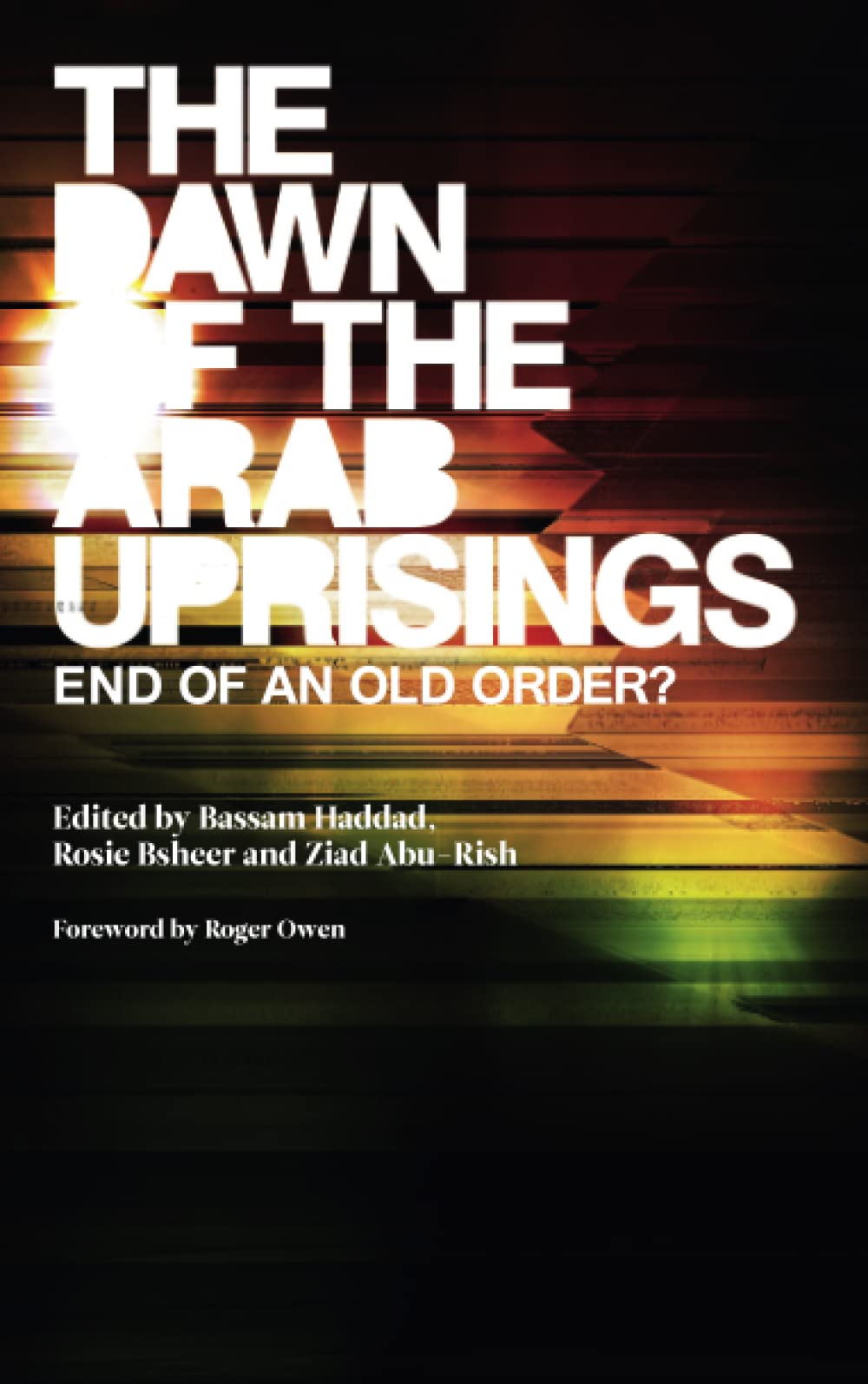
While an understanding of the process of privatization, economic marginalization, consumerism, and structural adjustment that we refer to as “neo-liberalism” is crucial to understanding the contemporary unfolding of events, particularly in terms of the existence of vast economic inequalities and the impoverishment of the demographic masses, a focus on neo-liberalism alone fails to address the…
-
Artistic Sovereignty in the Shadow of Post-Socialism: Egypt’s 20th Annual Youth Salon
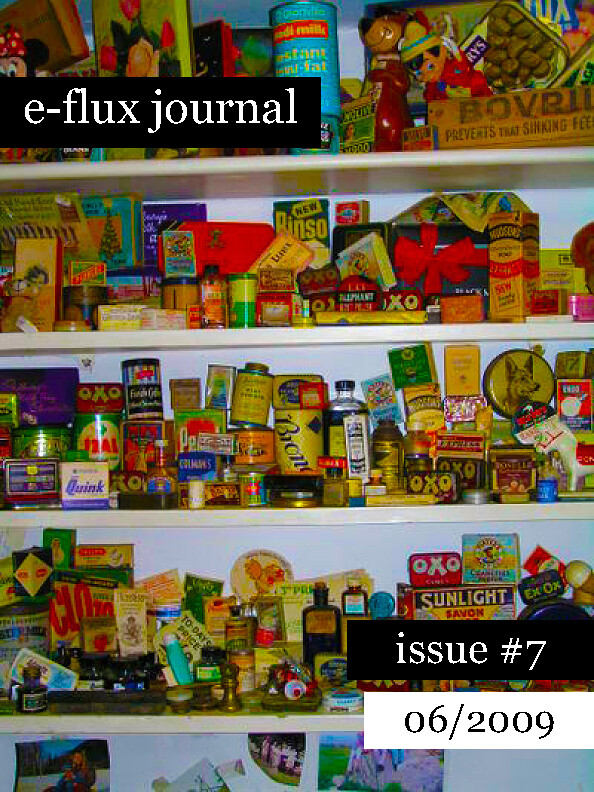
While questions of creative sovereignty (hurriyat al-ibda‛) tend to loom large in Egyptian academic writings, the artistic trajectory of the annual juried competition known as the Youth Salon has been marked, historically, by structural inertia. Established in 1989 by the Ministry of Culture, the exhibition was meant to encourage a new generation of Egyptian artists…
-
20th Annual Salon El Shabab: Youth, Art, and Controversy

Although the discussion surrounding the official jury selections of the 20th annual Salon El Shabab was expected to be tense, no one could have anticipated the heated nature of the debate surrounding the aesthetic choices of the committee. Replete with shouting matches, melodramatic walk-outs, and angry and crest-fallen artists, the discussion was indeed something to…
-
20th Annual Salon El Shabab: Youth, Art, and Controversy (Arabic)

كان احتدام النقاش حول اختيارات لجنة التحكيم الرسمية بصالون الشباب العشرين أمرا متوقعا، لكن أحدا لم يكن ليتنبأ بمدى اشتعال الجدل حول الاختيارات الفنية للّجنة. كانت المناقشة، التي حفلت بمباريات الصياح والانسحابات الميلودرامية والفنانين الغاضبين المحبطين، جديرة بالمشاهدة. ففي حين جلس ثلاثة من أعضاء لجنة تحكيم الصالون (بسام الباروني وحسن خان ووائل شوقي) بجوار محمد…
-
The Body Doubled: Artistic Strategies, the Body, and Public Space
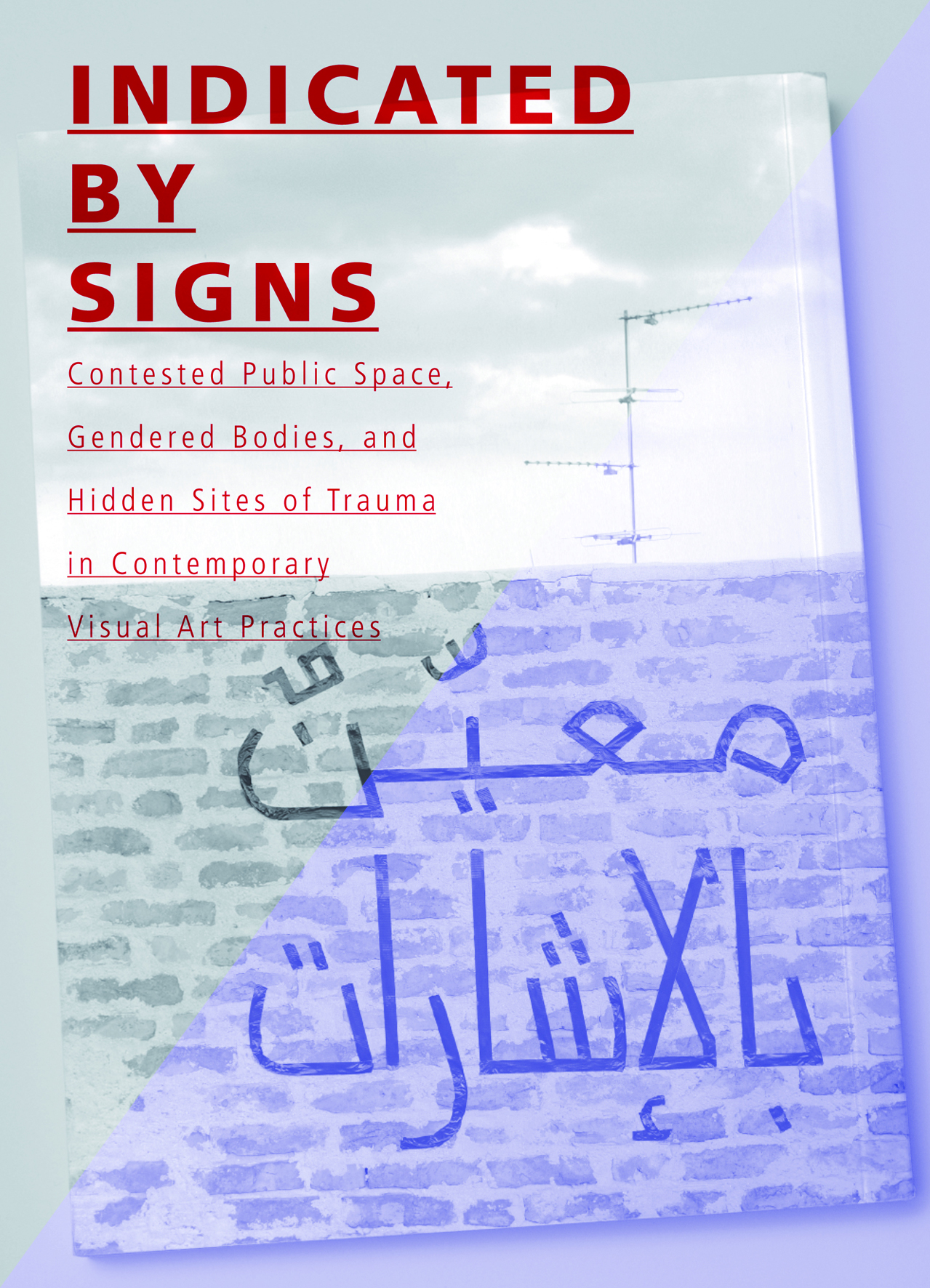
Indicated by Signs was an international project jointly formed by curators based in Egypt, Germany, Lebanon and Morocco and presented in a series of exhibitions of newly commissioned and existing work, presentations, workshops, residencies and a publication.
-
Dense Objects and Sentient Viewings: Contemporary Art Criticism and the Middle East
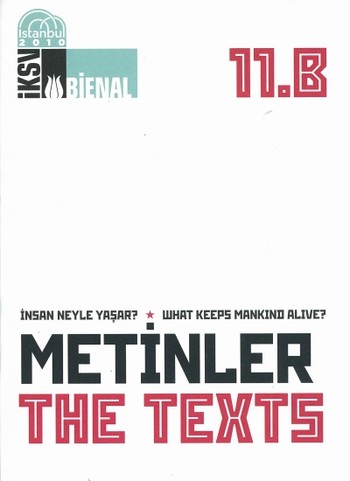
An outline of recent trends in contemporary artistic production in and about the Middle East, which critically explores the prevalence of binary understandings of the region as trapped between local ethno-nationalisms and global neo-liberalisms, or between politics and aesthetics.
-
Dense Objects and Sentient Viewings (Turkish)
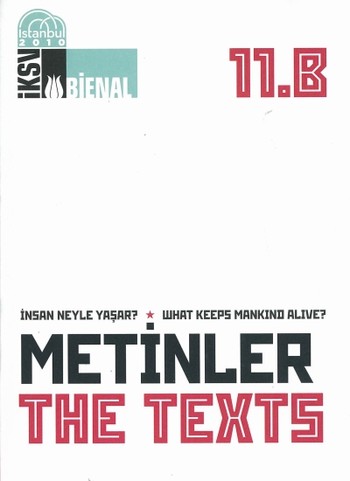
An outline of recent trends in contemporary artistic production in and about the Middle East, which critically explores the prevalence of binary understandings of the region as trapped between local ethno-nationalisms and global neo-liberalisms, or between politics and aesthetics.
-
Reproducing the Family: Biopolitics in Twentieth-Century Egypt
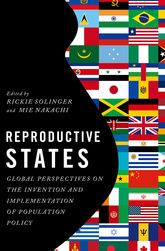
This chapter provides an intellectual history of twentieth-century biopolitics in Egypt. Tracing the origins of population discourse to the late 1930s, it explores how population debates revolved around the neo-Malthusian reduction of the birth rate and the improvement of the characteristics of the population through eugenics. It then tracks the shifting nature of population policy…
-
Barren Land and Fecund Bodies: The Emergence of Population Discourse in Interwar Egypt

The constitution of population as both an object of knowledge requiring observation and management through “numbers, statistics, material phenomena,” and as a social problem to be modified for the progress of the human race, I argue, took shape in Egypt in the interwar period. However, the parameters within which the problem of population were discussed…
-
Cairo as Capital of Socialist Revolution?
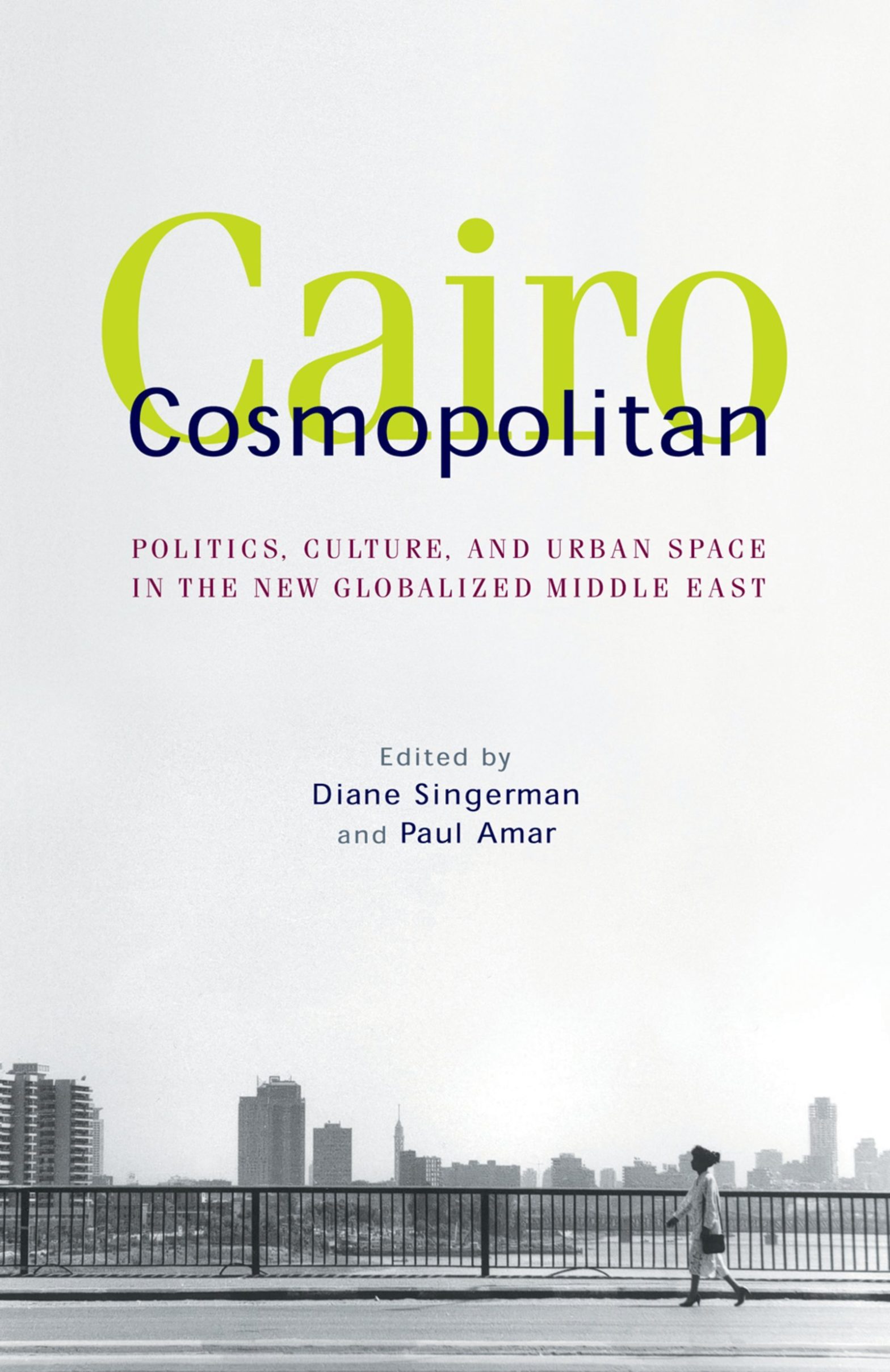
This chapter evokes two very different spectacles of modernity as illustrations of two contrasting spatial modes of regulation: a social-welfare mode of regulation for the period spanning the 1930s to the 1960s, and a neoliberal mode of regulation for the period after economic liberalization (Infitah), roughly beginning in the late 1970s. In what follows, I…
-
Science: Medicalization and the Female Body

This entry explores the emergence of scientific discourses on women and gender in Islamic cultures in the nineteenth and twentieth centuries through the transformation of the notion of science from “useful arts” to modern forms of scientific knowledge and practices.
-
Schooled Mothers and Structured Play: Child-Rearing in Turn of the Century Egypt

This essay attempts to explore some of the conjunctures and disjunctures between European colonial and metropolitan discourses and indigenous modernizing and nationalist discourses on women and mothering in turn-of-the-century Egypt. Tracing the proliferation of debates on motherhood and proper child rearing through a number of scientific-literary and religious journals, I will attempt to elaborate the…
Reviews
-
Language. Film review of Denis Villeneuve’s Dune.
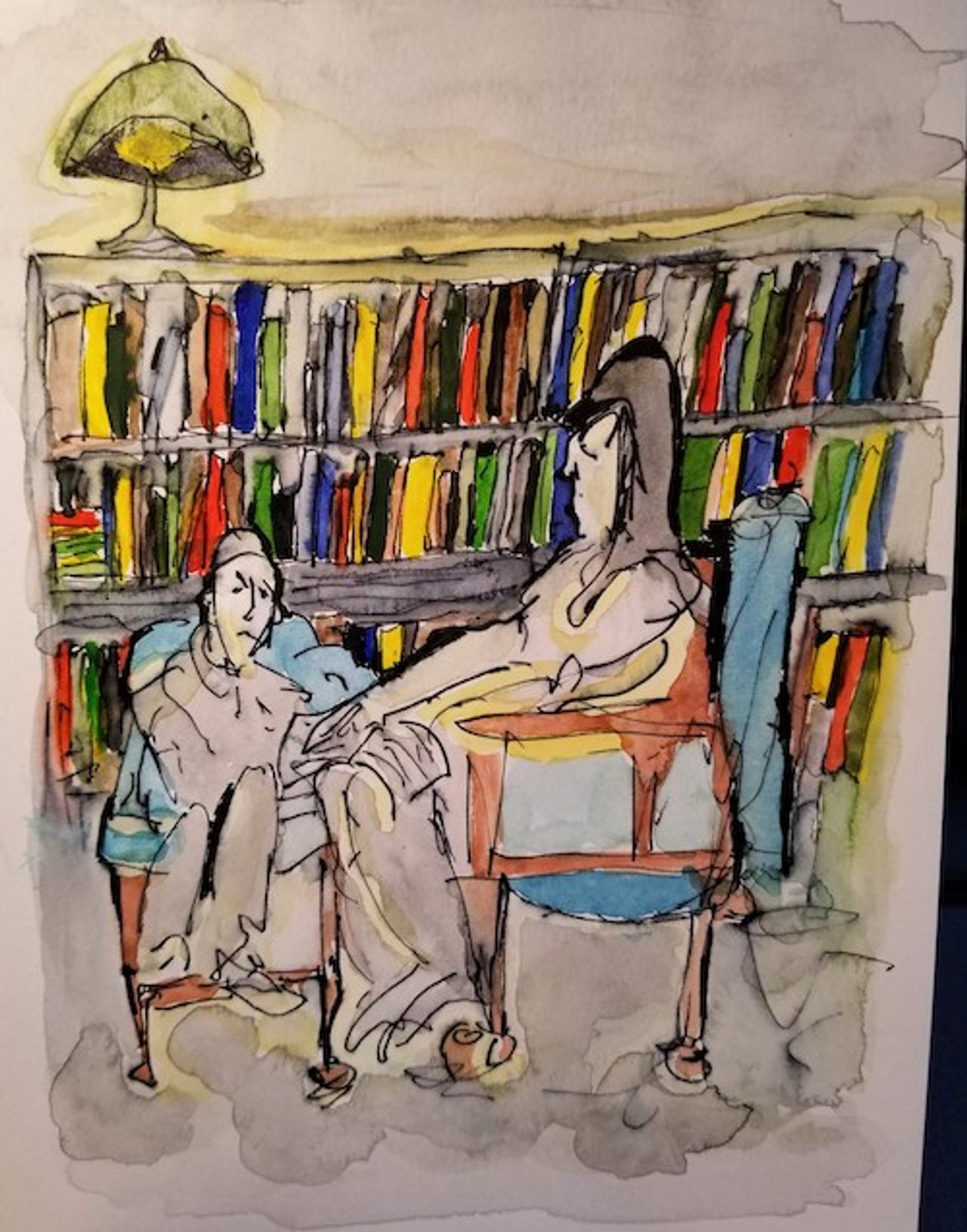
DREAMS ARE MESSAGES from the deep. Thus begins Denis Villeneuve’s adaptation of Frank Herbert’s Dune. In his dream visions, Paul Atreides repeatedly imagines his own death and the death of others. In his encounter with the Reverend Mother’s gom jabbar, for instance, he confronts a scorched corpse, warriors kneeling in defeat, and a bloody crysknife,…
-
A Liturgy of the Soul. Book Review of Stefania Pandolfo’s Knot of the Soul: Madness, Psychoanalysis, Islam
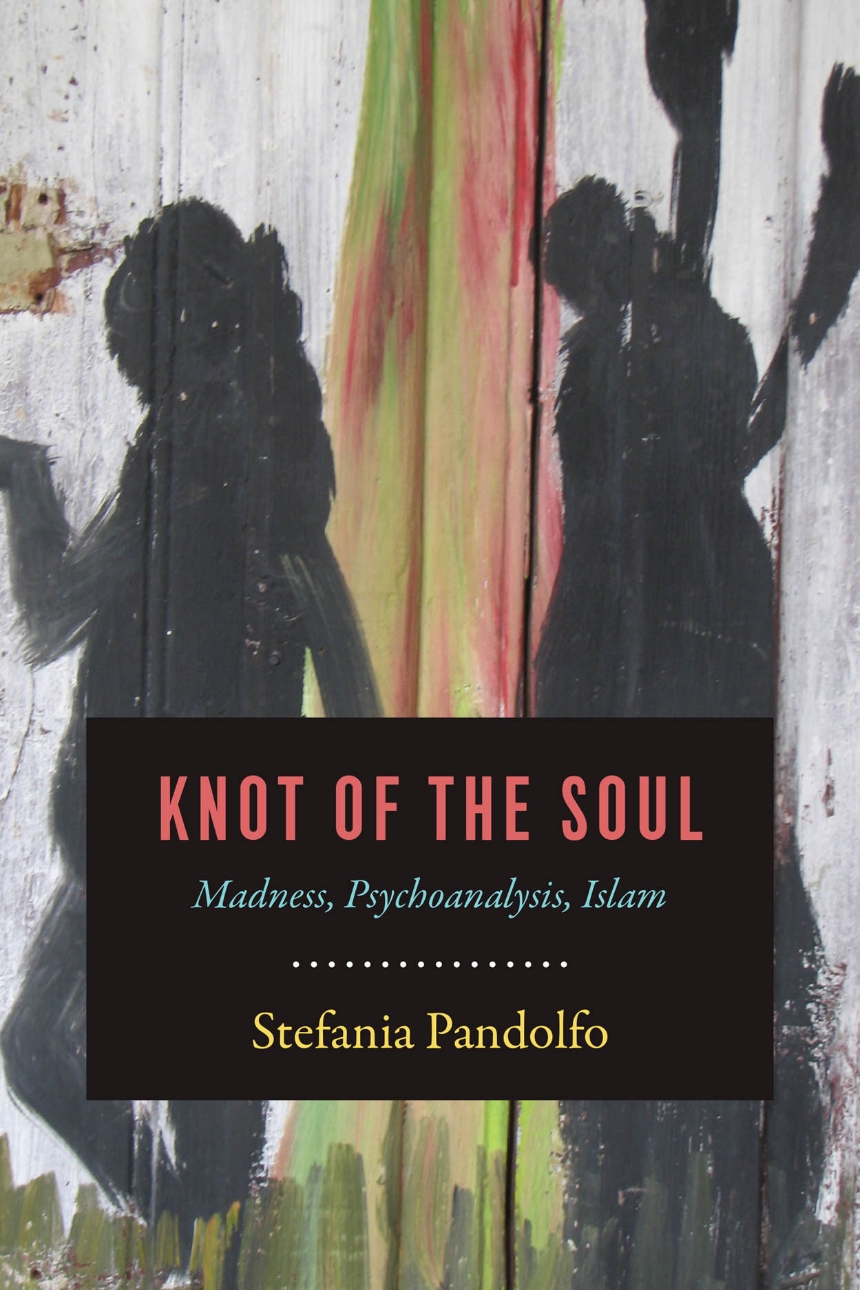
Reading and responding to Knot of the Soul deeply signifies a longstanding dialogue with my friend and interlocutor Stefania Pandolfo. For a decade now, we have discussed our shared interest in questions centered around ʿilm al-nafs—the “science of the soul.” What does it mean to talk about a “science of the soul,” both in its…
-
A Radioscopy of the Egyptian Soul: Film Review of Yousry Nasrallah’s The Aquarium

Fear creeps through Yousry Nasrallah’s 2008 ‘Genenet al-asmak’ (The Aquarium) like a miasma. The film’s temporalization is, like fear, slow and meandering. The film opens with a scene in which a caller to a talk show called ‘Night Secrets’ tells of his pervasive fears—of people, neighbors, birds and others. Another tells the story of his…
-
Remembrance of Things Hidden: Film Review of Michael Haneke’s Caché
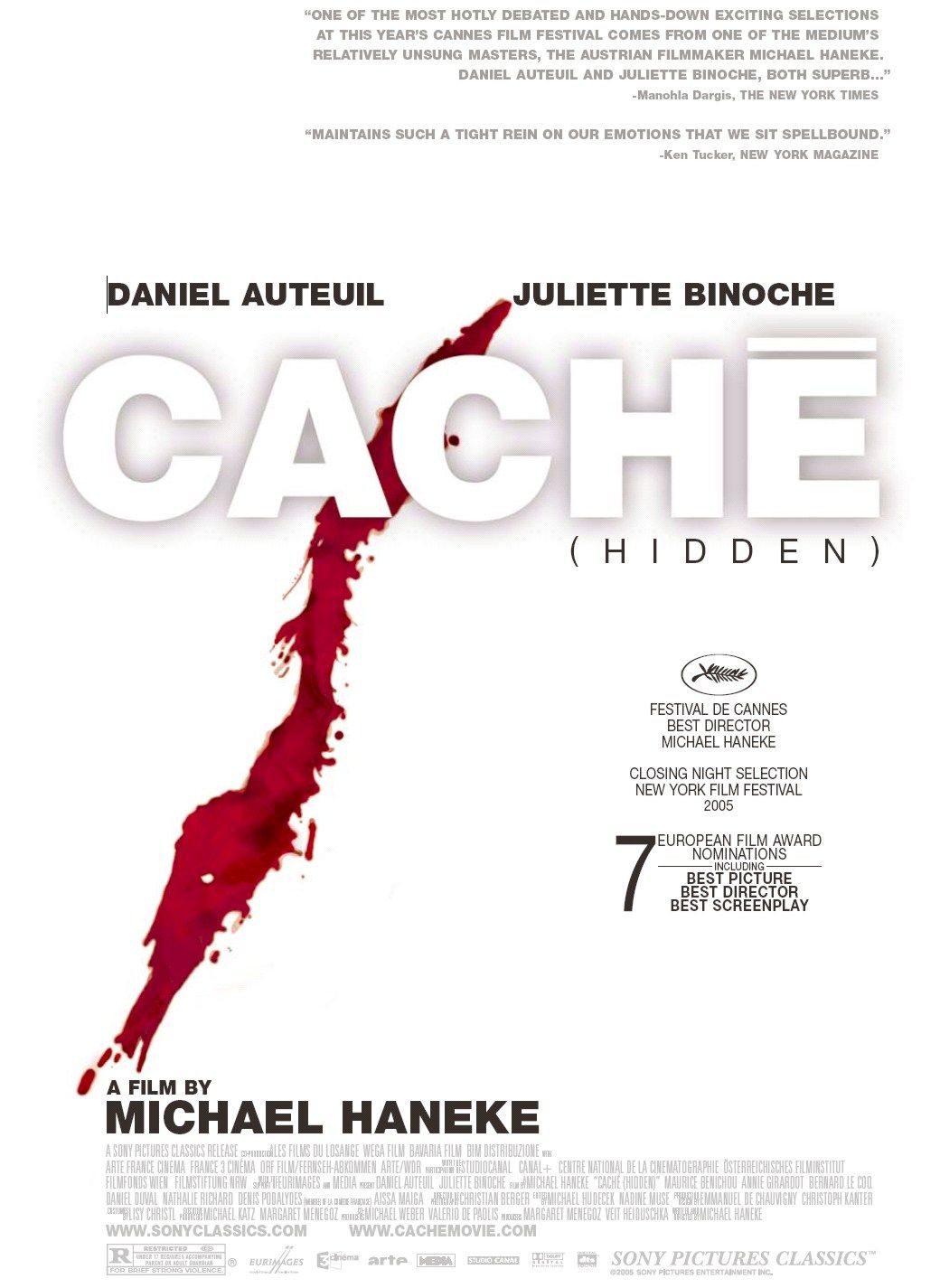
Scholars of colonialism have long sought to expose that which remains hidden or invisible within the colonial encounter. Like Freud and Marx before them who unraveled the complex semiotics of the symptom or the commodity form, postcolonial theorists have endeavored to unmask European ideologies of progress, civility, and liberalism. Caché is a film that makes…
